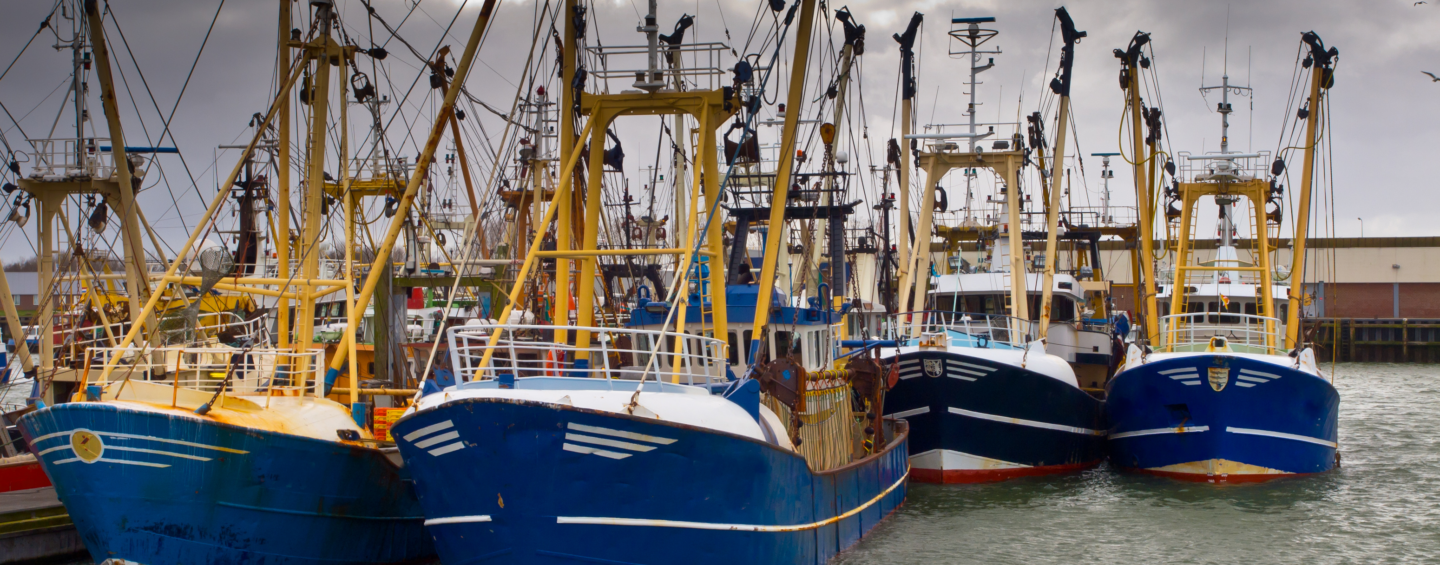SFP began facilitating supply chain roundtables (SRs) because we believed they would provide industry stakeholders with effective collaborative platforms to create and manage fishery and aquaculture improvement projects (FIPs and AIPs). Since then, the participating companies have often told us how effective SRs can be.
But, of course, it’s also nice when people outside of SFP notice. That’s what happened earlier this month, when NGO Ocean Outcomes and the China Aquatic Products Processing and Marketing Alliance (CAPPMA) issued a joint press release about a newly starting FIP that targets East China Sea and Yellow Sea squid.
The release described the FIP as “a precompetitive project aimed to improve the management and fishing practices of Chinese trawl, purse seine, and gillnet vessels targeting Japanese flying squid. JFS are one of the most commercially lucrative species of squid, and in the Chinese side of East China Sea and Yellow Sea alone, annual production can approach 30,000 metric tons.”
That figure alone should convey something of the importance of this fishery to the global squid sector, and the potential positive impact a FIP connected with it can have.
SFP may not have been directly involved with implementing the FIP in the way CAPPMA and Ocean Outcomes were, but we couldn’t help noticing this little acknowledgement in the same press release:
“The success and growth of the project were due, in part, to the collaborative forum of the Global Squid Supply Chain Roundtable, facilitated by Sustainable Fisheries Partnership, which heavily featured the East China Sea and Yellow Sea Squid FIP in recent meetings at the North America Seafood Expo in Boston, MA.”
It’s true that we’ve had our eye on this part of the world, as have some of our partners, including UK retailers Tesco and Sainsbury’s, both of which are supporting the FIP; but, the comment from the press release really drives home just how useful an SR can be in focusing efforts on regions where improvements are needed the most.
“It was great to see ongoing global collaborations where SR participants are having an impact on all sorts of improvement projects, not just those SFP might be advising the industry on directly,” said Sam Grimley, SFP’s Strategic Director of Initiatives, who has been leading the squid SR since its inception. “It’s a good example that demonstrates that the SRs can drive positive change.”
This kind of precompetitive collaboration has always been at the core of SFP’s philosophy of industry-driven change, and this final quote from the release, from Ocean Outcomes Founder and CEO Dick Jones, underscores that:
“We couldn’t have envisioned the enthusiasm and support for this work when this project began three years ago,” Jones said. “Precompetitive industry collaboration is key to ensuring durable and positive change. This project demonstrates that message is catching on.”
We couldn’t agree more, and as we congratulate Ocean Outcomes, CAPPMA, and the FIP participants on their good work, we can’t help but hope another message is catching on, too—that SRs really can be true catalysts for change.

